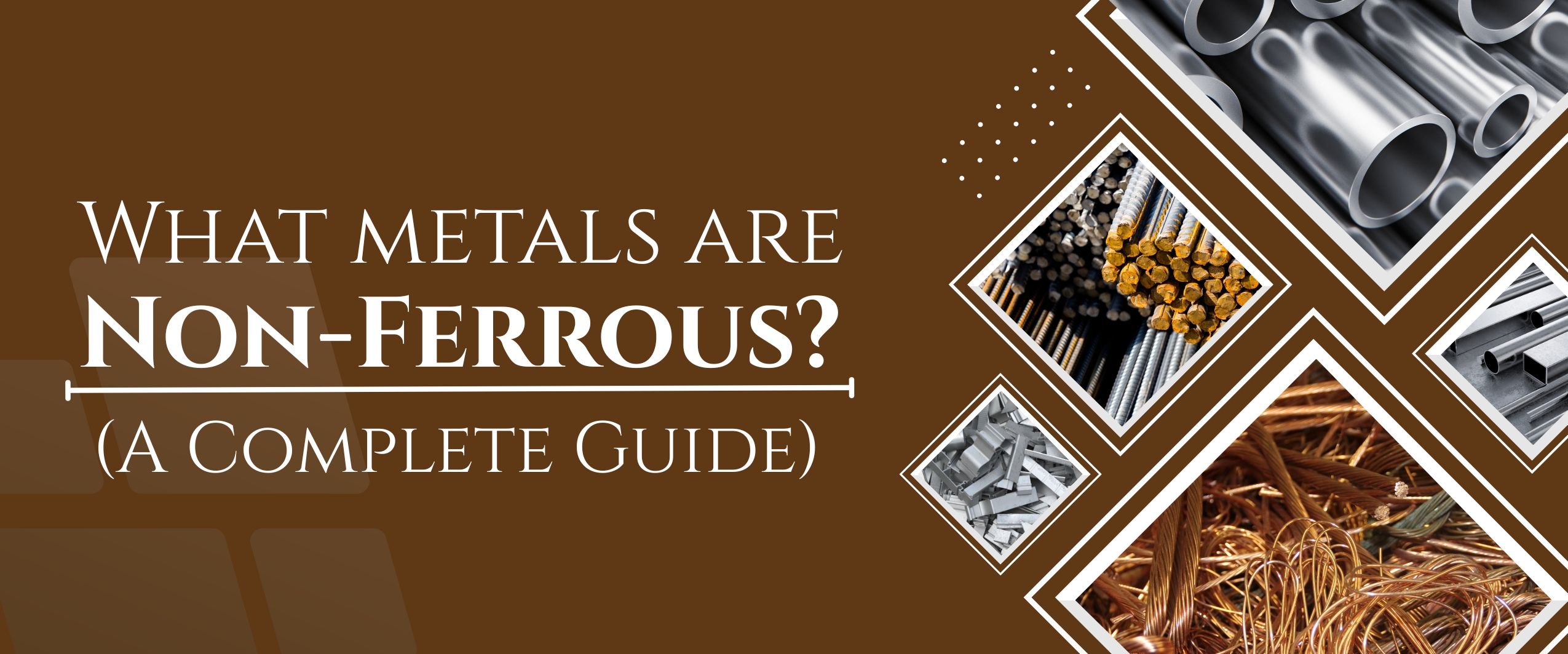
What Metals are Non-Ferrous? (A Complete Guide)

When we talk about metals, the first things that often come to mind are steel or iron. However, the world of metals is far more diverse. A crucial category of materials is known as Non-Ferrous Metals, which are metals that do not contain iron or iron-based alloys. Their unique properties make them indispensable across various industries. If you’re looking to understand metals better or searching for a reliable Non-Ferrous Metals Supplier, this comprehensive guide is for you.
What Exactly Are Non-Ferrous Metals?
Simply put, non-ferrous metals are metals that contain little to no iron. This characteristic distinguishes them from ferrous metals, where iron is the primary component. The main advantages of non-ferrous metals include their lightweight nature, resistance to corrosion, and high conductivity. These metals are available in many forms and are used in everything from aerospace to construction.
Common Examples of Non-Ferrous Metals and Their Uses
1. Copper:
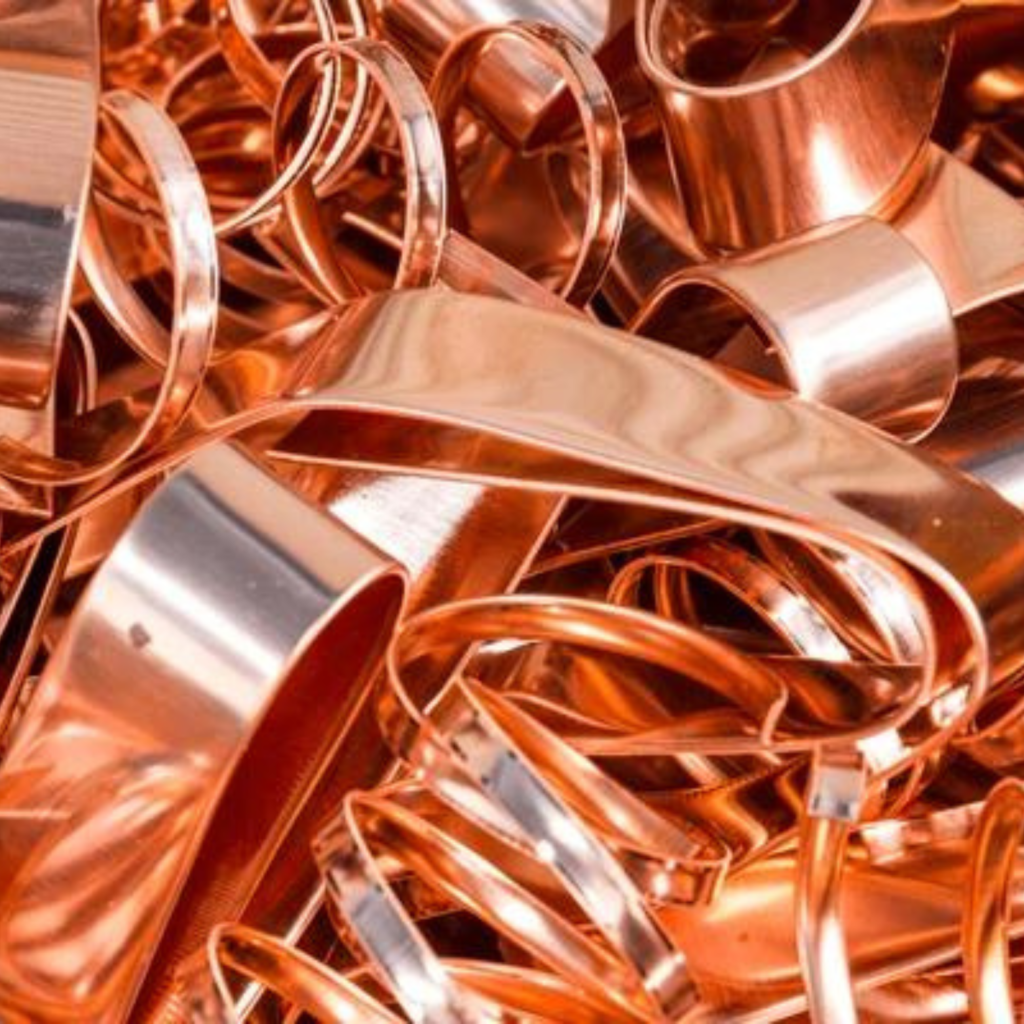
Copper is one of the most widely used non-ferrous metals. Due to its excellent electrical conductivity, it is extensively used in electrical wiring, cables, and electronic components. Its corrosion resistance and malleability also make it ideal for plumbing pipes and roof coverings.
2. Aluminium:
Aluminium is a very light and highly corrosion-resistant metal. This makes it a popular choice for building airplanes, car parts, and packaging materials like soda cans. Its high strength-to-weight ratio is perfect for the transport industry.
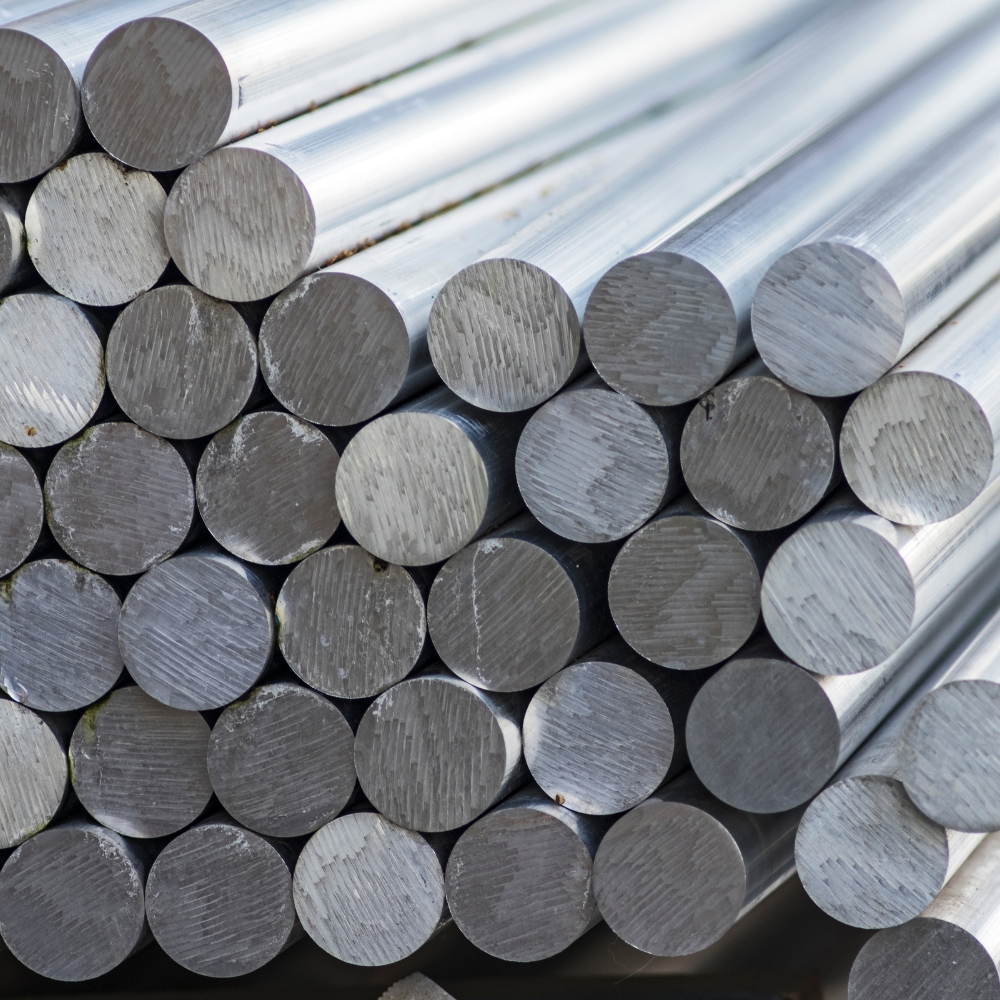
3. Zinc:

Zinc is often used in the galvanization process, where a layer of zinc is applied to steel to protect it from rust. It is also a key component in making brass and is used in die-casting, batteries, and medical supplies.
4. Lead:
Lead is a dense, heavy, and soft metal known for its high corrosion resistance. It is used in car batteries, radiation shielding (like in X-ray rooms), and for waterproofing in construction.

5. Tin:
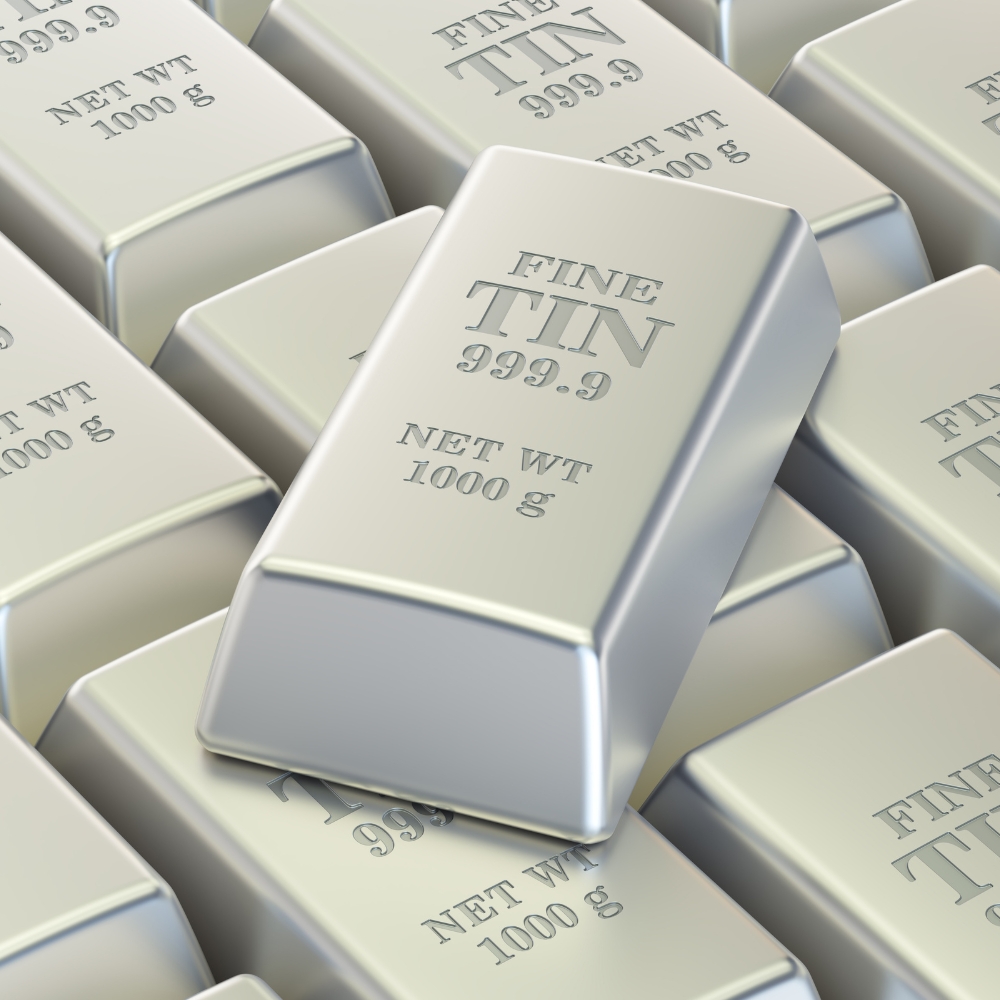
Tin is a soft and malleable metal used for plating and soldering. It is used to coat food cans to prevent rust and is also a main component in creating bronze
6. Nickel:
Nickel is an incredibly tough and corrosion-resistant metal. It is used in making stainless steel and special alloys. Its high-temperature tolerance makes it suitable for use in chemical processing plants and gas turbine engines.
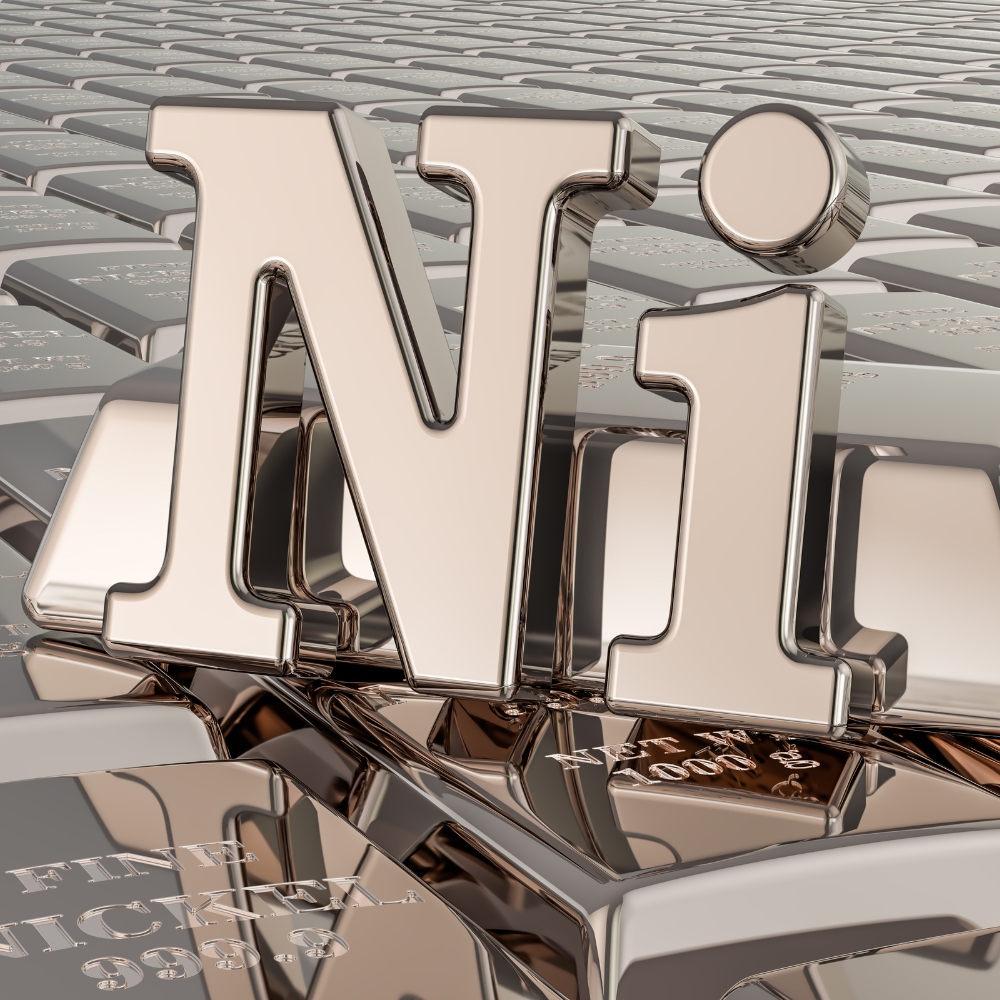
Key Properties That Make Non-Ferrous Metals Unique
The properties of non-ferrous metals make them incredibly valuable in various industries:
- Corrosion Resistance: Since they do not contain iron, they do not rust. This property makes them perfect for pipes, outdoor structures, and electrical components.
- Lightweight: Metals like aluminium are very light. This increases fuel efficiency and is why they are widely used in the transport sector.
- High Conductivity: Copper, aluminium, and gold have excellent electrical and thermal conductivity, making them essential for the electronics and electrical industries.
- Non-Magnetic: Non-ferrous metals are not magnetic, which is a critical feature for use in electrical and electronic equipment where magnetic interference must be avoided.
- Recyclability: These metals can be easily recycled without losing their properties. This makes them a sustainable and eco-friendly choice.
How to Choose a Reputable Non-Ferrous Metals Supplier
When you need non-ferrous metals for a project, choosing the right supplier is crucial. A trustworthy Non-Ferrous Metals Supplier is one who provides high-quality, certified, and pure metals. They should have in-depth knowledge of the properties and applications of each metal they supply.
If you are looking for a reliable Non-Ferrous Metal Supplier in India, consider these factors:
- Quality Certification: Always buy metals that are ISO or ISI certified to ensure quality standards are met.
- Product Range: Do they offer a wide range of metals and alloys to suit your specific needs?
- Customer Support: Can they provide technical guidance and support for your project?
- Market Reputation: Check their market reputation and customer reviews to ensure they are a trusted partner.
Conclusion:
Non-ferrous metals are an indispensable part of modern manufacturing and technology. Their unique properties help solve a wide range of challenges and enable the creation of innovative products. When sourcing these metals, it is essential to partner with a knowledgeable and reputable Non-Ferrous Metal Supplier to guarantee the best quality and service for your needs.
